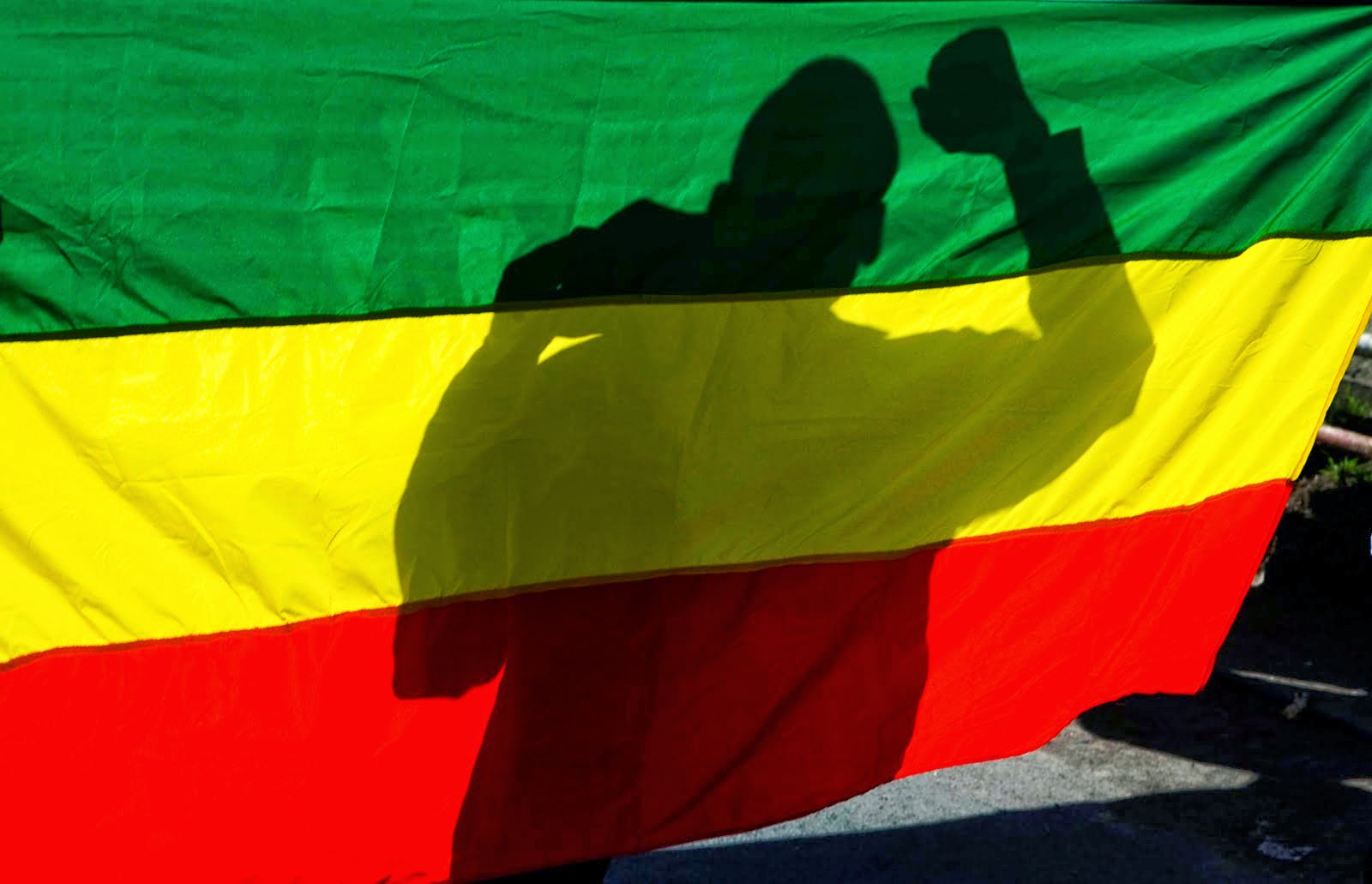By Abdi Latif Dahir
“When you decide to become a journalist in Ethiopia, you know your life is going to be messy,” Birhanu said recently in a Nairobi restaurant. “You will always be obsessed with covering politics and human rights. And because of that, you know that one day you will have to go out of the country, or even worse, go to jail.”
Birhanu is one of dozens of Ethiopian journalists living in exile in the Kenyan capital, Nairobi, who fled their country for fear of persecution and imprisonment.
His story, and those of his colleagues, underlies the state of media in Ethiopia, which, they say, is marked with a narrowing space for expression and the evisceration of the independent press.
In his case, the Ethiopian government charged Birhanu of inciting violence through his articles, besides one charge for defamation. After several court appearances, which led to no rulings, he decided to leave Addis Ababa for Nairobi.
Since the country’s Anti-Terrorism Proclamation came into effect in 2009, journalists and media watchdogs say Ethiopia has used the law to stifle the growth of independent media outlets and to silence critical voices amongst opposition parties. This clampdown has driven many Ethiopian media workers and civil society members into exile, many of whom are now spread in countries from Kenya and Uganda to the United Kingdom and the United States.
“In the case of Somalia, journalists flee largely because of the security issue in the country. In countries like Ethiopia and Rwanda, it is fear of imprisonment, because the journalists know they will never get free trial or justice,” says Tom Rhodes, East Africa’s representative for the Committee to Protect Journalists.
The advocacy group’s research shows that 49 Ethiopian journalists have been sent into exile in recent years, with roughly 12 of those now living in Kenya, Rhodes says.
Read full story on Sahan Journal
http://www.ethiomedia.com/16file/4610.html

No comments:
Post a Comment